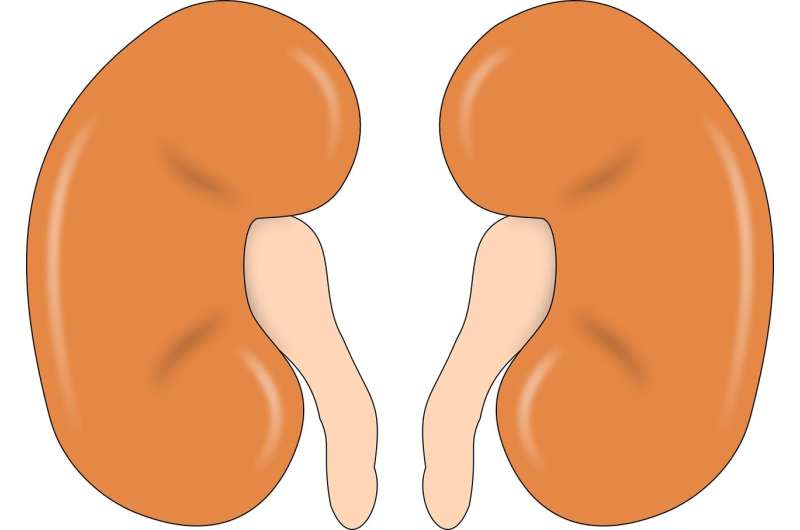New tool assesses patients’ kidney disease-related knowledge


Many individuals with chronic kidney disease (CKD), particularly those with early stages of the disease, those belonging to minority groups, and those whose primary language is not English, may not have adequate knowledge about their condition or be informed about their treatment options. In a study published in CJASN, researchers describe how they developed and tested a new instrument to measure CKD- and transplant-related knowledge.
The tool, called KART 2.0, was created by a team led by John Devin Peipert, Ph.D. (Northwestern University Feinberg School of Medicine) and Amy D Waterman, Ph.D. (J.C. Walter Transplant Center & Houston Methodist Research Institute). KART 2.0 was validated in a racially, ethnically, and linguistically diverse group of 977 patients with moderate to severe CKD in the Southern California Kaiser Permanente Health system.
“We know that it’s important, as early as possible, to help patients orient to their own CKD diagnosis and make plans for what they might do if their kidneys failed,” said Dr. Waterman. By capturing how much patients know about various aspects of their disease and about the benefits and risks associated with getting a kidney transplant, the tool will give clinicians and researchers a reliable way to identify patients with CKD in most need of education and counselling.
“Without adequate knowledge, patients cannot make informed decisions about their treatments, and likely cannot be active participants in their own kidney care. Educational interventions can help reduce these critical gaps in knowledge,” said Dr. Peipert. “By rigorously developing and validating new tools to capture CKD and transplant knowledge, we have helped advance the science around transplant education.”
An accompanying editorial notes that “it will be important to test if the KART 2.0 can be used as a tool to predict outcomes relevant to increasing parity for patients with kidney failure, including pursuit and receipt of deceased or living donor transplant among patients with documented disparate access.”
An accompanying Patient Voice written by a family member engaged in the care of an individual with kidney disease offers additional perspectives and questions related to the KART 2.0 tool.
Source: Read Full Article




